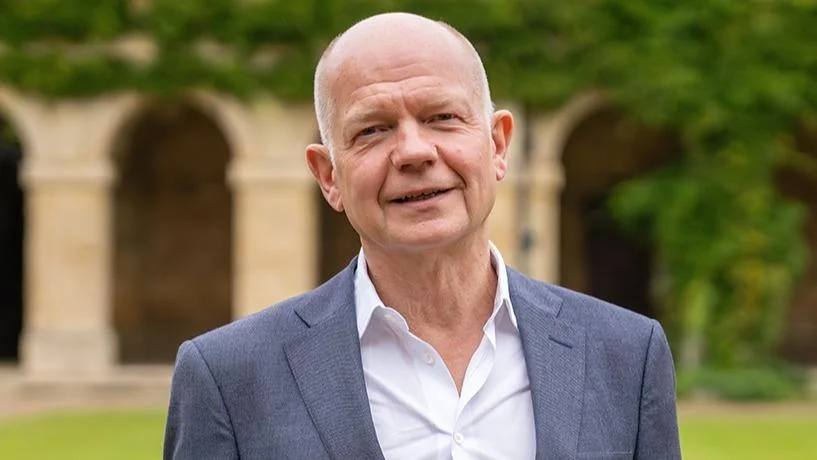Oxford University researchers have been recognized in the 2025 Royal Society of Chemistry Prizes for their significant contributions to various fields. Professor Saiful Islam from the Department of Materials received the Environment, Sustainability and Energy Prize for his work on next-generation materials aimed at advancing clean energy technologies. His research focuses on using computer modeling to understand lithium battery materials and solar cell compounds known as perovskites.
Professor Islam expressed his gratitude by saying, "I am delighted and very honoured to receive this award from the Royal Society of Chemistry. I would like to acknowledge and thank the fantastic contributions from my research group – both past and present." He emphasized the importance of low carbon energy in addressing climate change, stating, "The next generation of green energy technologies depends on new materials and greater understanding."
Another recipient, Professor Mauro Pasta, also from the Department of Materials, was awarded the Corday-Morgan Mid-Career Prize for Chemistry. His research is centered around improving battery chemistries through novel electrolytes. He commented on receiving the award: "Looking at the list of past recipients of this award, I see many scientists I have admired—and continue to admire. I’m proud to be in their company and hope to live up to the standard they have set."
The Biocatalytic Nitro Hydrogenations team led by Professor Kylie Vincent in Oxford's Department of Chemistry was awarded a Chemistry Biology Interface Horizon Prize. The team developed a greener process for synthesizing amine-containing chemicals, which are crucial in manufacturing medicines and agrochemicals. Professor Vincent noted, "Our new biological catalyst technology provides a selective and sustainable way of preparing amine compounds which avoids heavy metals, and offers environmental and cost advantages over conventional methods."
This innovation has shown potential for reducing costs by 40% and cutting carbon dioxide emissions significantly compared to traditional methods. The technology is now licensed to HydRegen for commercial application.
Further details about these awards can be found on the Royal Society of Chemistry website.

